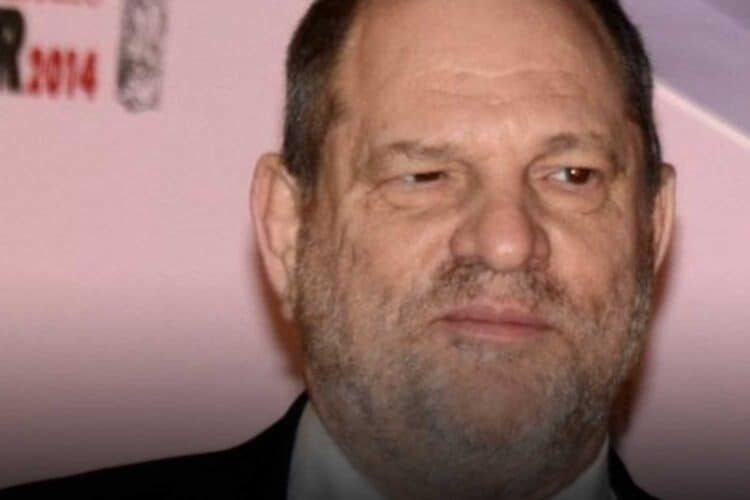Harvey Weinstein’s 2020 rape conviction was overturned on Thursday by New York’s Court of Appeals.
What led to the overturning of Weinstein’s conviction?
According to reports, the Court of Appeals found that the trial judge allowed testimony about Weinstein’s past behaviour, which was not directly related to the charges for which he was being tried.
This inclusion, the court argued, diverted the jury’s focus from the specific crimes charged to a broader examination of Weinstein’s character.
The majority opinion stated this was a significant error warranting a new trial.
How did the court justify their decision?
The decision, reached by a 4-3 vote, criticised the handling of the trial, particularly the judge’s decision to allow extensive cross-examination of Harvey Weinstein in a manner that portrayed him in a prejudicial light.
The ruling emphasised that the combination of these factors compromised the fairness of the trial, leading to their conclusion that the only remedy was to vacate the conviction and grant a new trial.
What does this mean for Weinstein’s current legal situation?
Despite the overturning of his New York conviction, Weinstein will remain incarcerated due to a separate rape conviction in California, where he was sentenced last year.
This decision does not affect the California conviction.
Weinstein is serving a 16-year sentence for that case, in addition to the overturned 23-year sentence in New York.
What are the reactions to the court’s decision?
The decision has stirred a mix of reactions.
Critics, including one of the dissenting judges, argue that this ruling undermines the progress made in holding perpetrators of sexual violence accountable.
Douglas Wigdor, representing several of Weinstein’s accusers, expressed disappointment, stating that the decision forces the victims to endure another trial, potentially re-traumatising them.
“It will require the victims to endure yet another trial,” he said.
What happens next in Weinstein’s case?
The future of Weinstein’s prosecution in New York now rests with Manhattan District Attorney Alvin Bragg, who must decide whether to retry the case.






